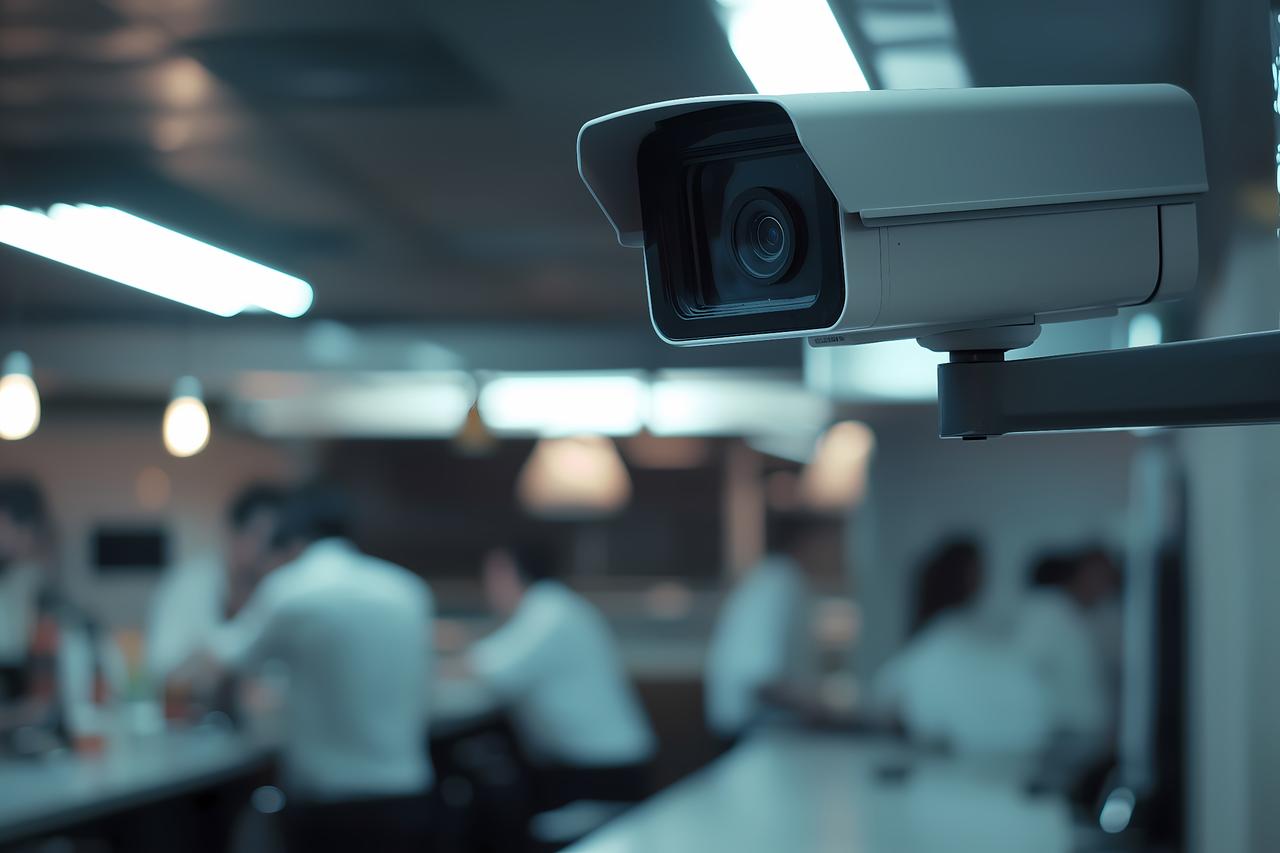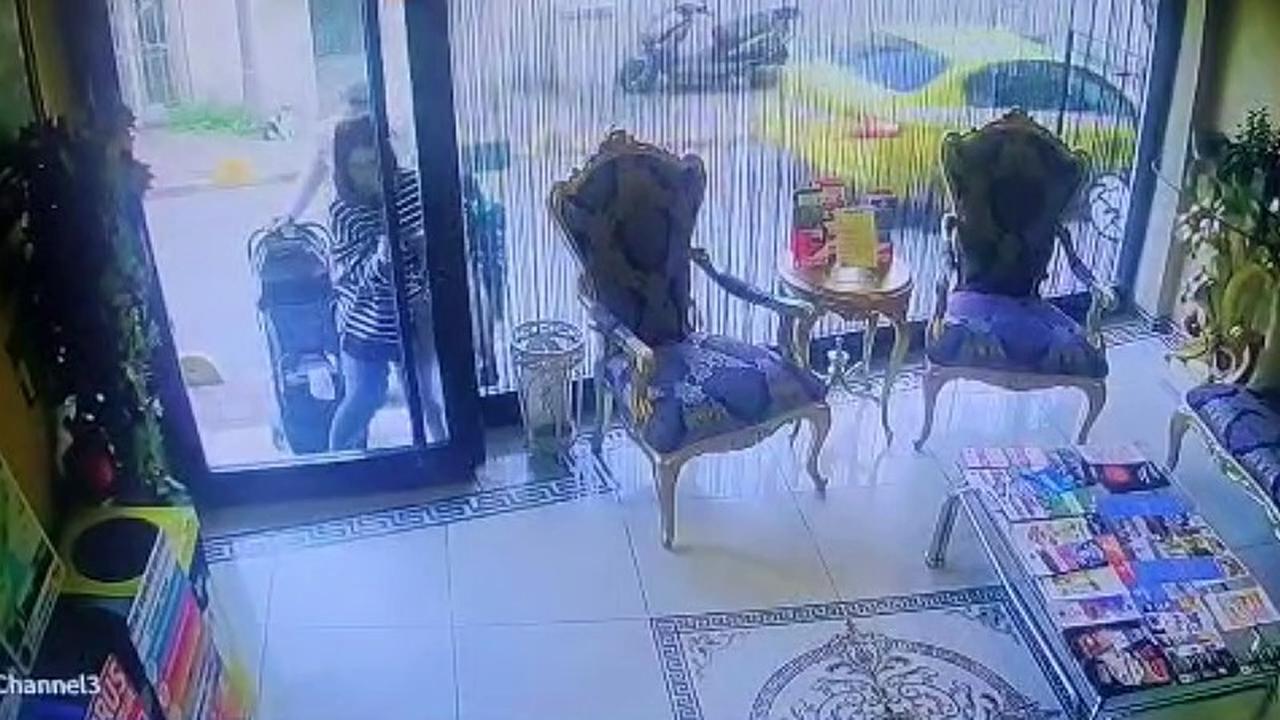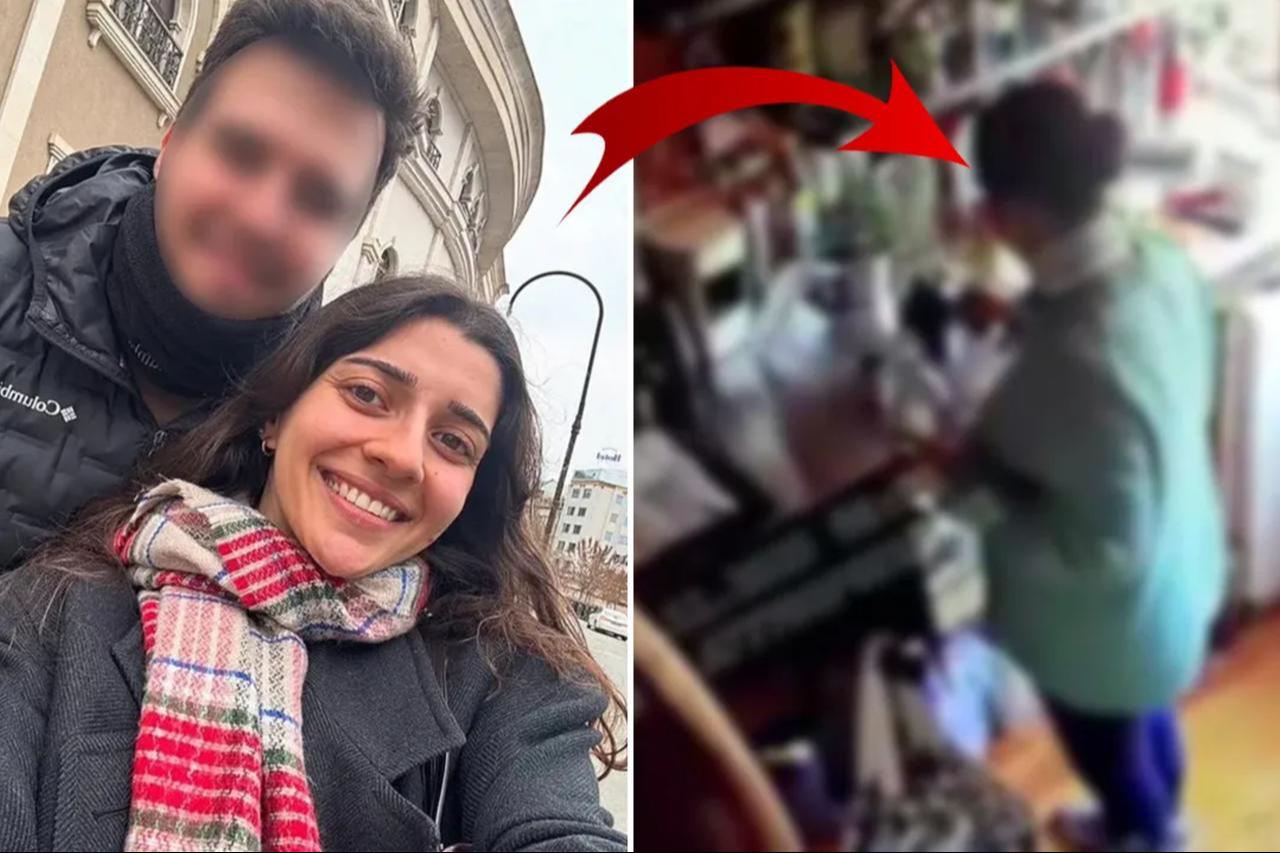
The Istanbul Governor’s Office has introduced sweeping new measures following a series ofrecent food poisoningincidents, requiring all food-selling businesses to record 24-hour audio and video footage and store these files for 30 days. The regulation follows several poisoning cases that resulted in four deaths, prompting authorities to tighten oversight across the city.

The measures were announced at a food-safety meeting chaired by Istanbul Governor Davut Gul, where senior officials from district municipalities, universities, the Forensic Medicine Institute, and the Istanbul Metropolitan Municipality gathered to address growing concerns over public health.
Gul underlined the urgency of the issue by highlighting the recent deaths, saying that authorities were determined to prevent similar cases. He noted that nearly 200,000 inspections were carried out in the first 10 months of 2025, adding that consistent enforcement, staff training, and public awareness form the backbone of the effort. He stressed that health and food security should be considered part of broader public safety and said authorities would show “zero tolerance” in all areas concerning citizens.
The governor also reminded residents that QR codes on businesses allow people to instantly check when an establishment was last inspected.

24-hour surveillance and stricter controls
The new rules expand inspection procedures and increase legal obligations for food sellers. Local authorities will intensify checks on both street vendors and licensed businesses while ensuring that the mandatory 72-hour sample-keeping rule is enforced. Cold-chain failures—often responsible for spoilage—will not be tolerated.
New city-wide commissions will conduct around-the-clock inspections, while all owners and staff will undergo hygiene and food-safety training. Non-compliant businesses will face administrative penalties.
A major change is the requirement for uninterrupted audio and video recording in all establishments, with the footage stored for 30 days. Officials state this measure aims to improve traceability in case of future incidents.
Another layer of control will focus on pest-control companies, which will be inspected regularly. Firms that fail to meet standards will face both administrative and judicial action.
Inspectors will immediately notify prosecutors if they find expired or spoiled products on sale. Businesses may face both financial penalties and criminal charges.
According to the Governor’s Office, the Istanbul Provincial Directorate of Agriculture and Forestry carried out 196,504 inspections in 2025, covering 135,778 businesses.
A total of 8,199 establishments received administrative fines amounting to ₺506.4 million (over $12 million). Authorities also filed 79 criminal complaints, shut down 237 businesses, and collected 6,745 samples for analysis